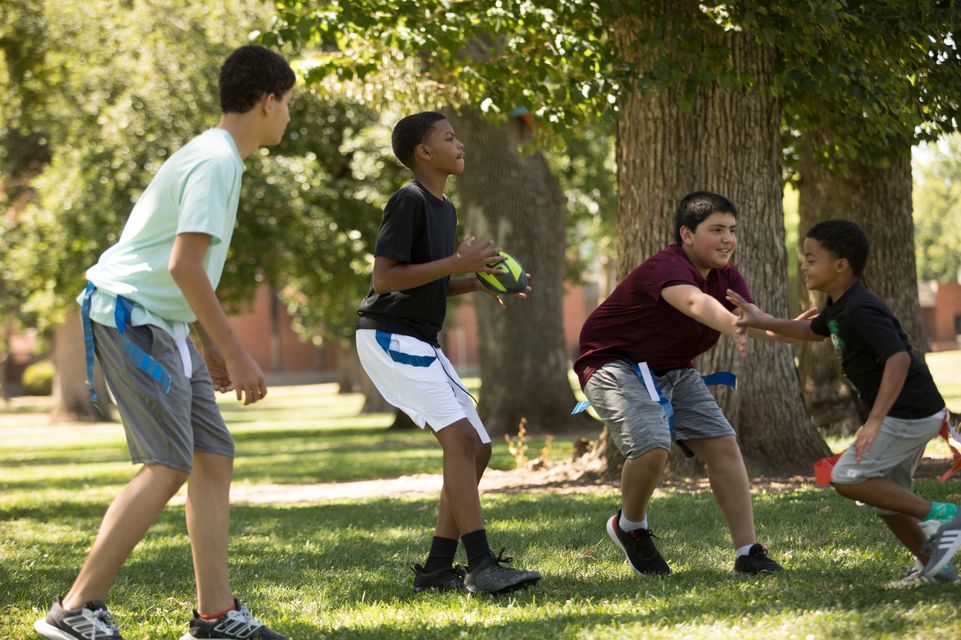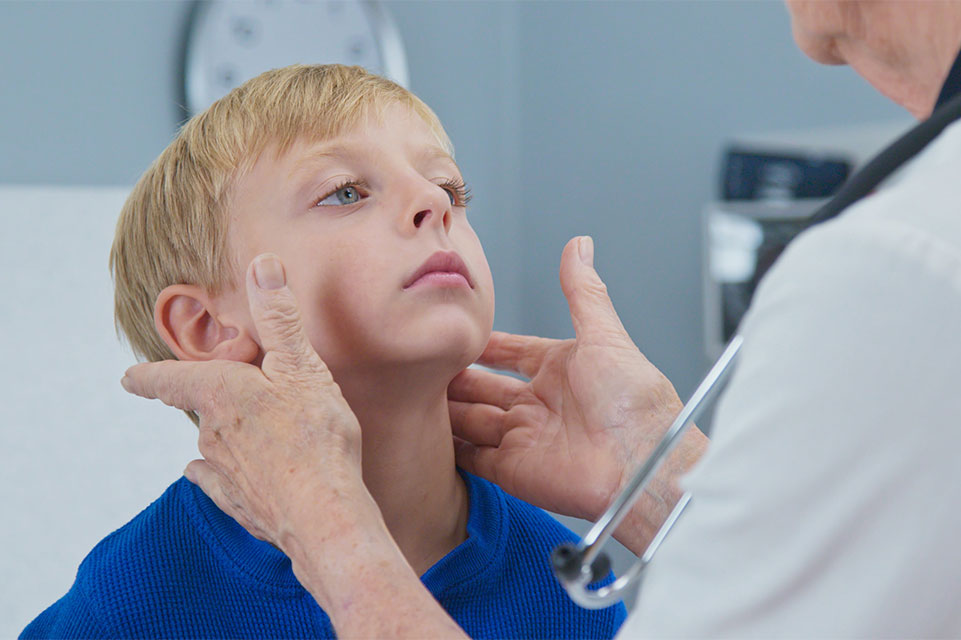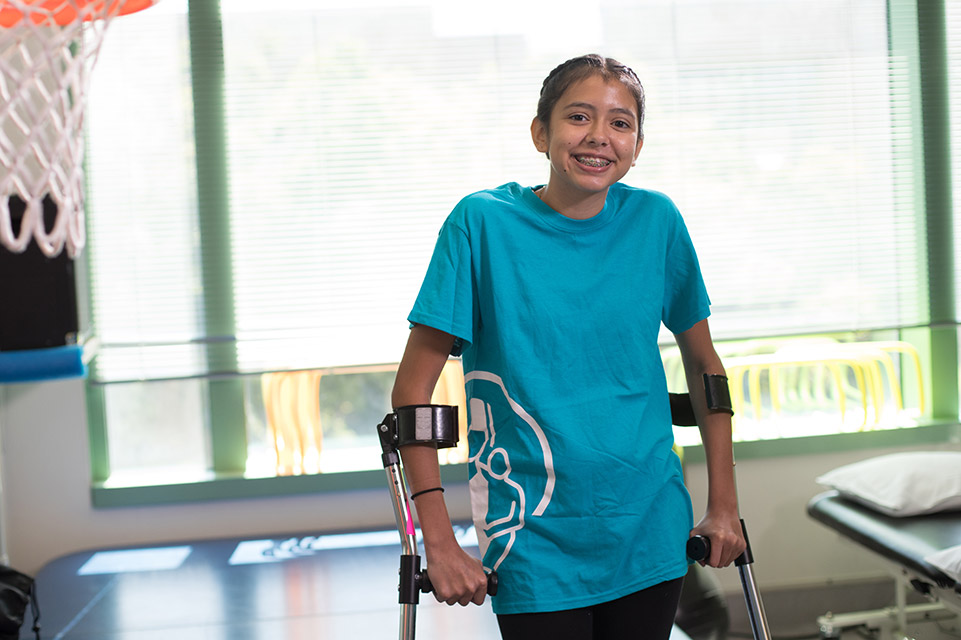-
Condition
Gaucher Disease
There are three variations of Gaucher disease, an inherited metabolic disorder. Treatment options depend on which type a child has and are tailored to prevent or lessen symptoms with an overall goal to improve quality of life.
-
Condition
Osteoid Osteoma
A noncancerous bone tumor that usually develops in the long bones of the body, such as the femur and tibia.
-
Condition
Duchenne Muscular Dystrophy (DMD)
https://shriners-production-cd.azurewebsites.net/en/Pediatric-Care/Duchenne-Muscular-DystrophyAt Shriners Children's, our unique team of specialists provides the highest quality neuromuscular care for your child.
-
Condition
Blount's Disease Care
https://shriners-production-cd.azurewebsites.net/en/Pediatric-Care/Blounts-DiseaseThe pediatric orthopedic physicians of Shriners Children's can diagnose Blount’s disease, also known as bowed legs, and recommend the best options for treatment – like bracing or surgery.
-
Condition
Chronic or Difficult to Heal Wounds
A wound is an opening in the skin’s protective layer, classified in Stages 1 to 4. When wounds will not heal, Shriners Children's provides the latest surgical and non-surgical treatments and nutrition services to aid healing.
-
Condition
Purpura Fulminans
Purpura fulminans is a rare, serious blood clot condition which appears as a purple rash or patch on the skin, usually following an illness like chicken pox or strep throat. This is an emergency which may need surgery.
-
Condition
Bladder Control Issues
Common signs of a bladder control issue for a child include day or nighttime bedwetting, urgent or frequent urges to pee or leaking urine.
-
Condition
Pruritus
Pruritus is simply the medical term for itchy skin, which can affect children following a burn injury or skin graft.
-
Condition
Exertional Compartment Syndrome
Exertional compartment syndrome is a muscle and nerve condition resulting in pain in the lower leg. Most often, it occurs in athletes who participate in high impact sports and is relieved with conservative treatment.
-
Condition
Elbow Dislocations
An elbow dislocation occurs when the bones of the forearm traumatically shift out of place, causing pain, swelling and limited range of motion.
Patient Information
Providers & Research
I Want to Find










